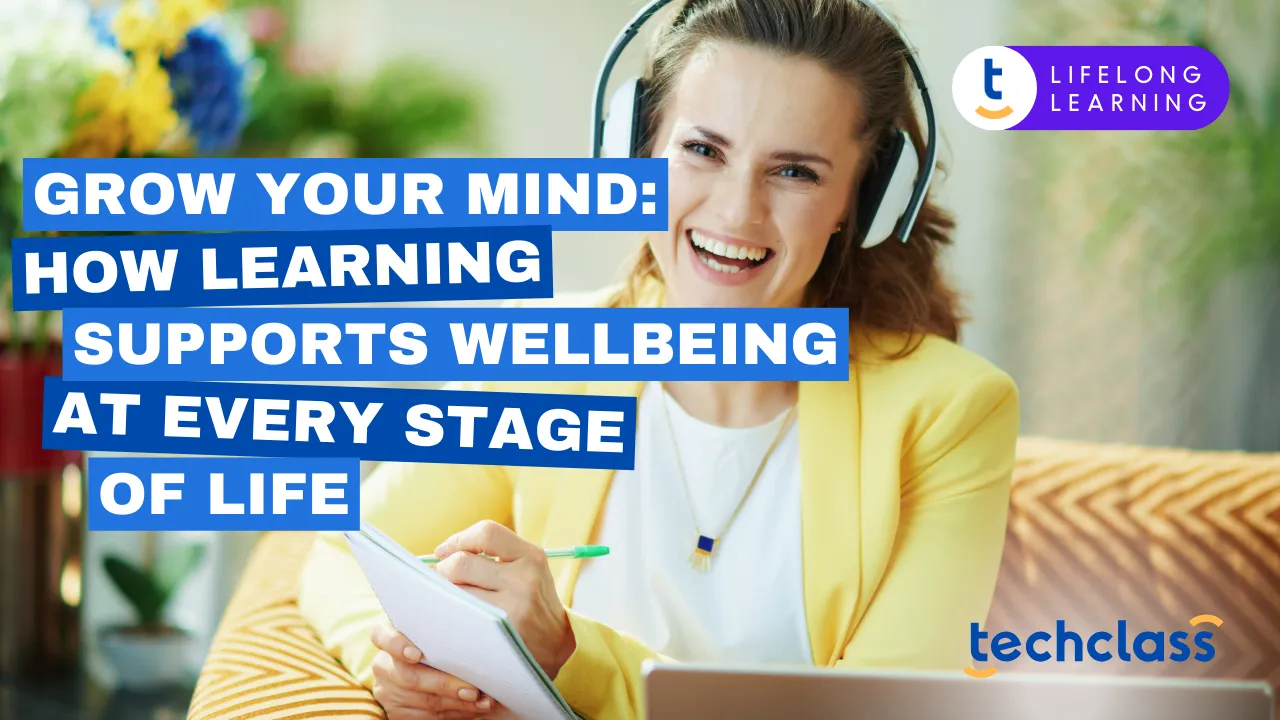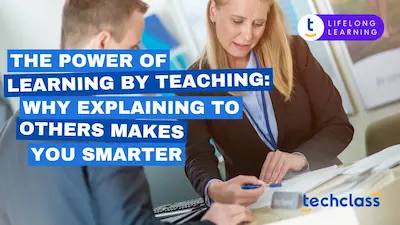
With the pace of change accelerating, continuous learning has become an essential requirement rather than a luxury. Engaging in continuous education, whether formal, informal, or self-guided, not only improves cognitive function and personal satisfaction, but also serves as a powerful ally in nurturing mental health. The link between growth and wellbeing is not just philosophical; it's practical, measurable, and deeply human.
Engaging in learning activities throughout adulthood has been consistently linked to improved mental health outcomes. A systematic review published in the International Journal of Lifelong Education found that adult learners experience reduced symptoms of depression and anxiety. Whether it’s acquiring a new language, pursuing a passion project, or exploring a new career skill, learning gives adults a sense of direction, mastery, and hope.
Moreover, lifelong learning fosters cognitive resilience. Mentally stimulating activities build what researchers call “cognitive reserve,” helping the brain adapt and compensate during aging. This engagement keeps the mind sharp and provides mental stimulation that wards off the negative effects of isolation, boredom, and rumination.
At the core of the connection between learning and mental health is the concept of a growth mindset, the belief that intelligence, talent, and capabilities can be developed with time, effort, and persistence. Introduced by psychologist Carol Dweck, this mindset transforms how we interpret setbacks and challenges.
People with a growth mindset tend to recover more quickly from setbacks, experience lower levels of anxiety and depression, and are more likely to view obstacles as opportunities to grow. This resilience makes a significant difference in how people handle life’s challenges, whether personal or professional.
By contrast, a fixed mindset, believing one's abilities are static, can lead to avoidance of new challenges and heightened fear of failure. Shifting toward a growth mindset is not only empowering but healing.
For many people, especially those navigating midlife transitions or career shifts, learning becomes a profound act of self-reinvention. In contrast to early education, which is often dictated by societal expectations, adult learning is typically voluntary and deeply personal. It offers a chance to redefine who you are and how you see yourself.
This identity reinvention is not superficial, it touches on purpose, autonomy, and meaning. A retiree learning photography, a former executive exploring community gardening, or a parent taking psychology classes online all share a common thread: they’re reshaping their self-concept.
This active reconstruction of identity is emotionally liberating. It helps reduce the sense of stagnation and helplessness that can accompany major life changes. It fuels personal agency, enhances self-worth, and promotes long-term mental wellbeing.
If you are seeking to boost your mental health through learning, here are some evidence-based strategies to guide your journey:
One of the silent killers of mental health is social isolation. As adults age, social circles may shrink due to career changes, family dynamics, relocation, or retirement. Lifelong learning programs, whether online or face-to-face, serve as powerful tools for re-establishing social connections.
Learning communities create environments where individuals feel seen, heard, and valued. From joining a language class to participating in a local book club or online certification cohort, these interactions foster belonging and mitigate loneliness.
Social learning also promotes emotional sharing and empathy. Group projects, peer feedback, and discussion forums expose individuals to diverse perspectives and help build emotional intelligence, all of which are linked to improved psychological wellbeing.
Engaging in sustained learning cultivates more than just intellect, it sharpens emotional awareness and regulation. The focus required in activities like writing, playing music, learning new software, or solving complex problems can promote a state of flow, a mental zone similar to mindfulness, where attention is centered and anxieties fade into the background.
This immersion promotes emotional self-regulation, reducing symptoms of overthinking and stress. People often report that structured learning provides an “anchor” during difficult emotional periods, something to look forward to, concentrate on, and feel productive about.
Additionally, learning often requires delayed gratification, patience, and reflection, all traits associated with emotional maturity. These emotional muscles, once developed, help individuals navigate daily life with more calm, intention, and resilience.
Beyond the personal, the ripple effects of learning touch families, workplaces, and entire communities. Lifelong learners are more likely to participate in civic activities, mentor others, and engage in healthy behaviors. They’re also more equipped to support the wellbeing of others, including aging parents, children, or community members.
Public health research has even positioned learning programs as a form of “social prescribing”, non-clinical interventions that improve mood, reduce healthcare visits, and enhance quality of life through purposeful engagement.
In a world facing rising mental health challenges and social fragmentation, lifelong learning emerges as a quiet but transformative force, one that empowers individuals while healing the collective.
The intersection of learning and mental wellbeing reveals a powerful truth: personal growth isn’t a luxury, it’s a necessity. For learners, the pursuit of new knowledge and skills is more than just intellectual stimulation; it’s a deeply human need that supports emotional balance, purpose, identity, and connection.
By embracing a growth mindset, building learning habits, engaging with communities, and reinventing oneself through continuous education, people can strengthen their mental health and unlock greater fulfillment in life. Lifelong learning isn’t just about what you know, it’s about who you become.
Cultivating a growth mindset is a powerful way to enhance wellbeing, yet maintaining the momentum for lifelong learning requires more than just good intentions. Without a supportive structure, the pursuit of new knowledge can easily fall to the wayside in favor of immediate tasks and daily pressures.
TechClass bridges this gap by providing a modern learning environment that prioritizes engagement and connection. Through intuitive Learning Paths and gamified experiences, the platform transforms personal development into a consistent, rewarding habit. By utilizing the TechClass Training Library and social learning tools, organizations can foster a sense of community and purpose, ensuring that every learner has the resources they need to thrive both personally and professionally.


